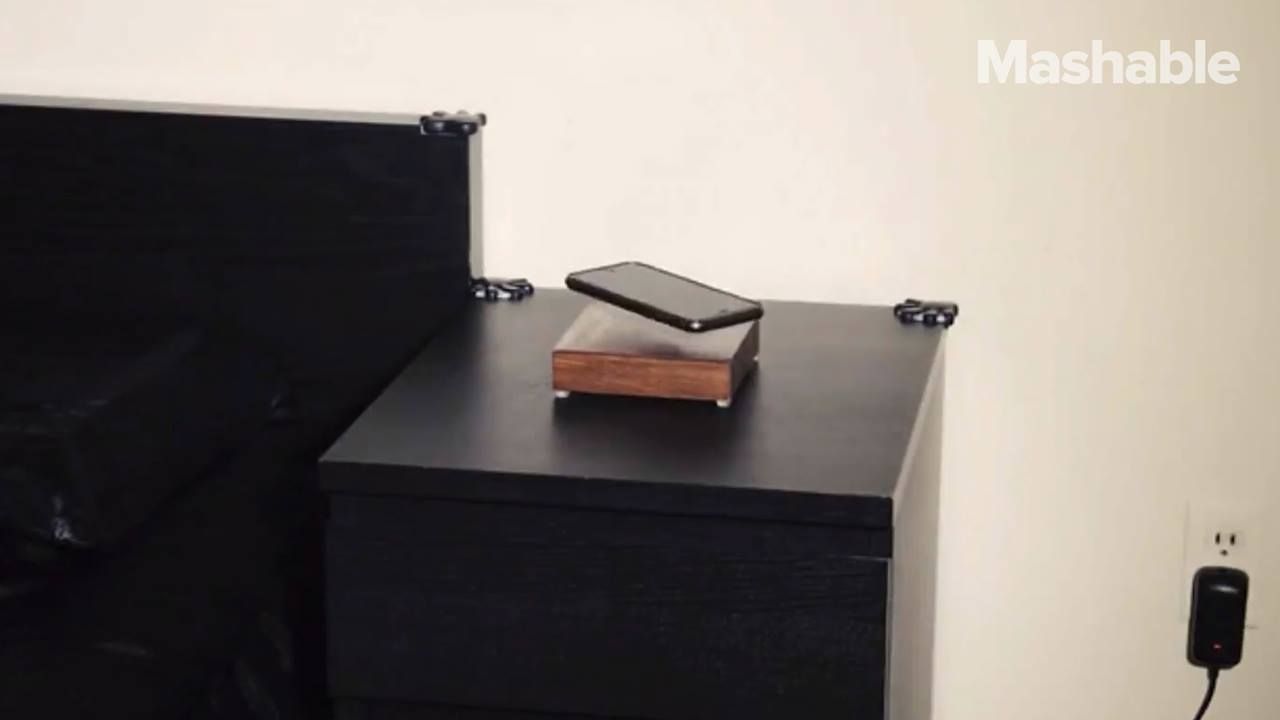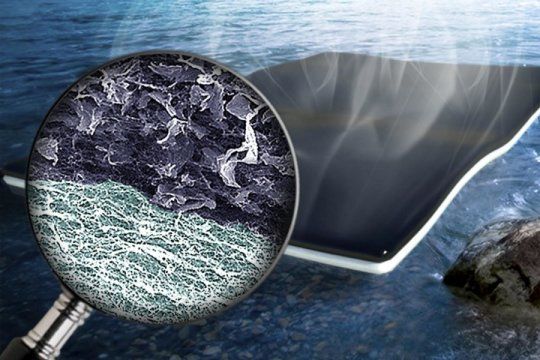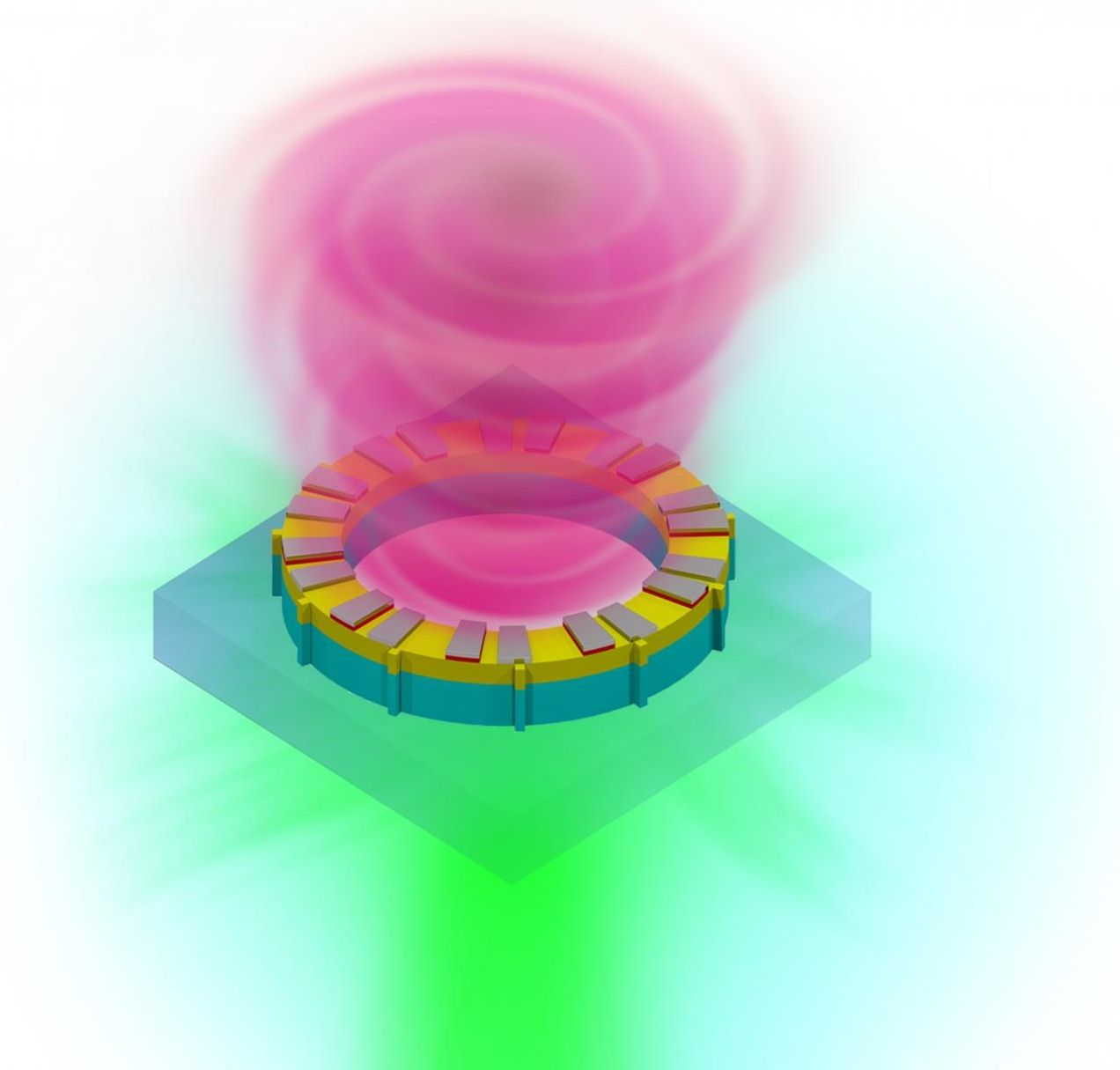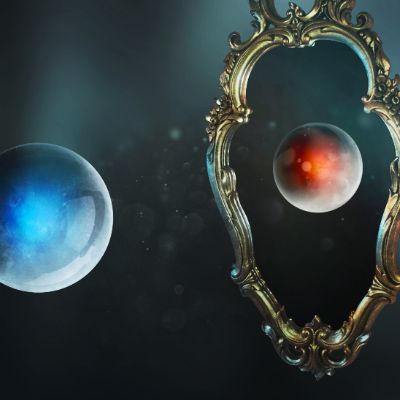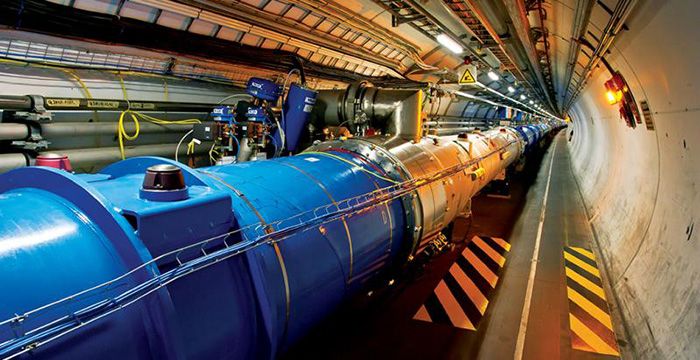Page 10947
Jul 28, 2016
This Farm of the Future Uses No Soil and 95% Less Water
Posted by Shailesh Prasad in categories: food, sustainability
Considering it uses 95% less water than regular farms, could vertical farming be the future of agriculture?
Jul 28, 2016
Will You Ever Love a Robot?
Posted by Shailesh Prasad in categories: biological, robotics/AI
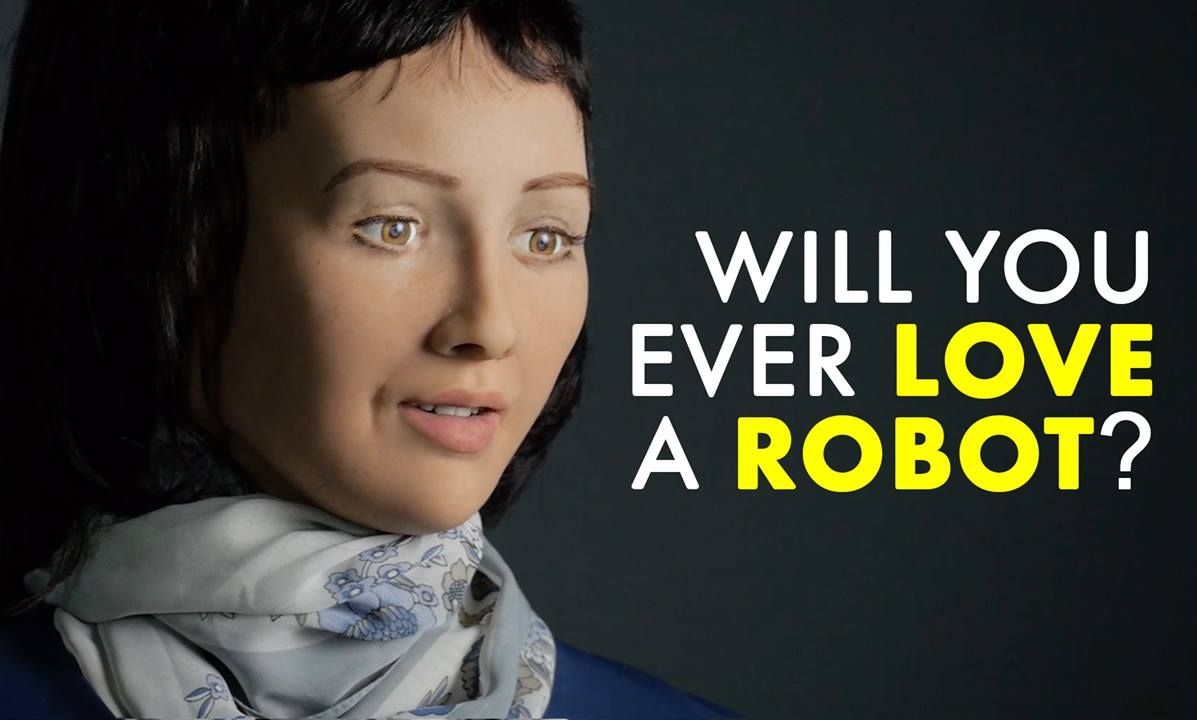
“In a sense, we’re all meat robots.” Chief Scientist at Hanson Robotics blurs the lines between biological and engineered robotics in this short yet fascinating excerpt.
Jul 28, 2016
Dirty to drinkable: Novel hybrid nanomaterials quickly transform water
Posted by Shailesh Prasad in categories: engineering, nanotechnology
Now, a team of engineers at Washington University in St. Louis has found a way to use graphene oxide sheets to transform dirty water into drinking water, and it could be a global game-changer.
“We hope that for countries where there is ample sunlight, such as India, you’ll be able to take some dirty water, evaporate it using our material, and collect fresh water,” said Srikanth Singamaneni, associate professor of mechanical engineering and materials science at the School of Engineering & Applied Science.
The new approach combines bacteria-produced cellulose and graphene oxide to form a bi-layered biofoam. A paper detailing the research is available online in Advanced Materials.
Jul 28, 2016
A new Type of Quantum Bit
Posted by Andreas Matt in categories: materials, quantum physics
In approaches using conventional semiconductor materials, scientists typically created qubits in the form of individual electrons. However, this caused dephesing, and the information carriers were difficult to program and read. Now, researchers from the University of Basel, Ruhr University Bochum, and the Universite de Lyon have overcome this problem by using holes — instead of electrons — to create qubits.
A new type of quantum bit | university of basel.
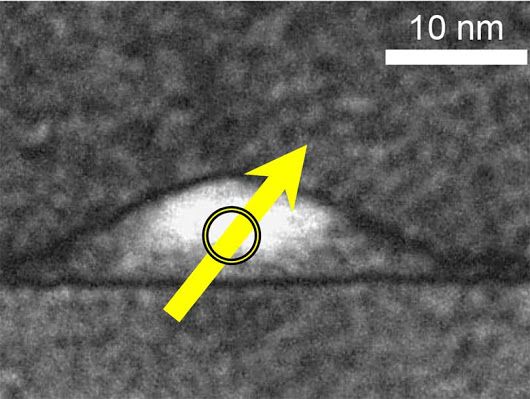
Like a whirlpool, a new light-based communication tool carries data in a swift, circular motion.
Described in a study published today (July 28, 2016) by the journal Science, the optics advancement could become a central component of next generation computers designed to handle society’s growing demand for information sharing.
It may also be a salve to those fretting over the predicted end of Moore’s Law, the idea that researchers will find new ways to continue making computers smaller, faster and cheaper.
An early sign that neutrinos behave differently than antineutrinos suggests an answer to one of the biggest questions in physics.
Jul 28, 2016
White House’s “ADVANCING QUANTUM INFORMATION SCIENCE: NATIONAL CHALLENGES AND OPPORTUNITIES”
Posted by Karen Hurst in categories: government, internet, quantum physics, science
Nice paper on QC from the Obama Administration. While reading this paper; I also kept in mind why the US, Europe, Canada, etc. all must accelerate our efforts on QC which is government backed hackers in China, etc. especially since China will have a Quantum Internet and have also accelerated their efforts on QC with their partnership with Australia’s QC efforts which many discoveries on QC has happened.
Jul 28, 2016
Diving into the Fountain of Youth with Aubrey de Grey
Posted by Steve Hill in categories: biotech/medical, ethics, life extension

A new Aubrey de Grey podcast about the work SENS RF is conducting to cure age related diseases.
On today’s episode of Bulletproof Radio Dave and aging expert Aubrey de Grey talk about the 7 aging causes, morbidity & the ethics of immortality. Enjoy!
Jul 28, 2016
Physicist offers leading theory about mysterious Large Hadron Collider excess
Posted by Andreas Matt in categories: particle physics, space
In December of last year, scientists at the Large Hadron Collider in Europe announced startling results hinting at the existence of an undiscovered subatomic particle—one with a mass six times heavier than the Higgs boson, the particle that made headlines in 2012.
The evidence is still thin, but if more data confirm the finding, it could sharpen humankind’s understanding of the building blocks of the universe.
“This was a very surprising announcement and a puzzle at the same time, because the lifetime and mass of the particle could reveal something else beyond simply one extra particle, if it turns out to be a real signal,” said Kyoungchul “K.C.” Kong, associate professor of physics and astronomy at the University of Kansas. “Yet we do not claim this as a discovery, and we need more data.”
Continue reading “Physicist offers leading theory about mysterious Large Hadron Collider excess” »
